Back to Courses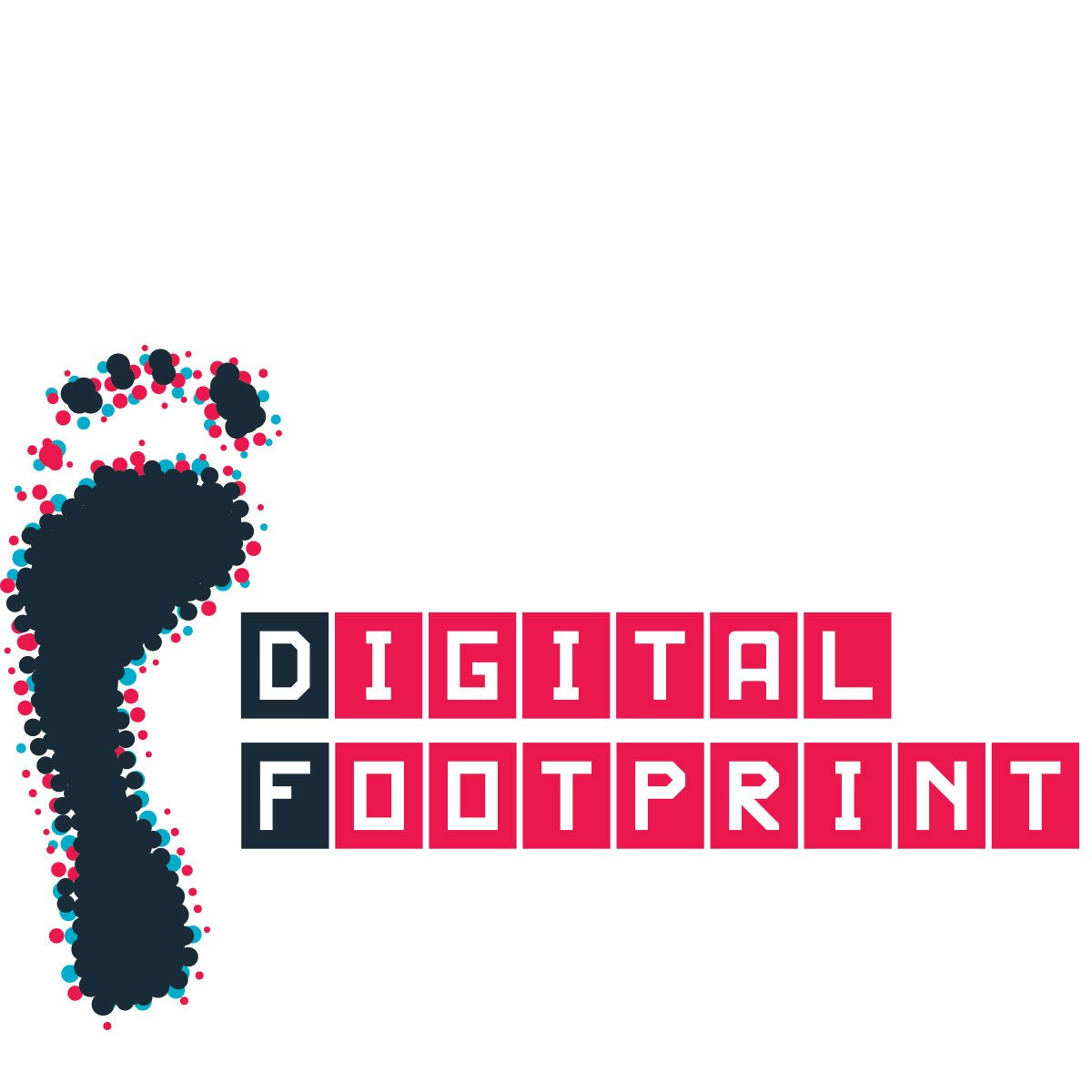



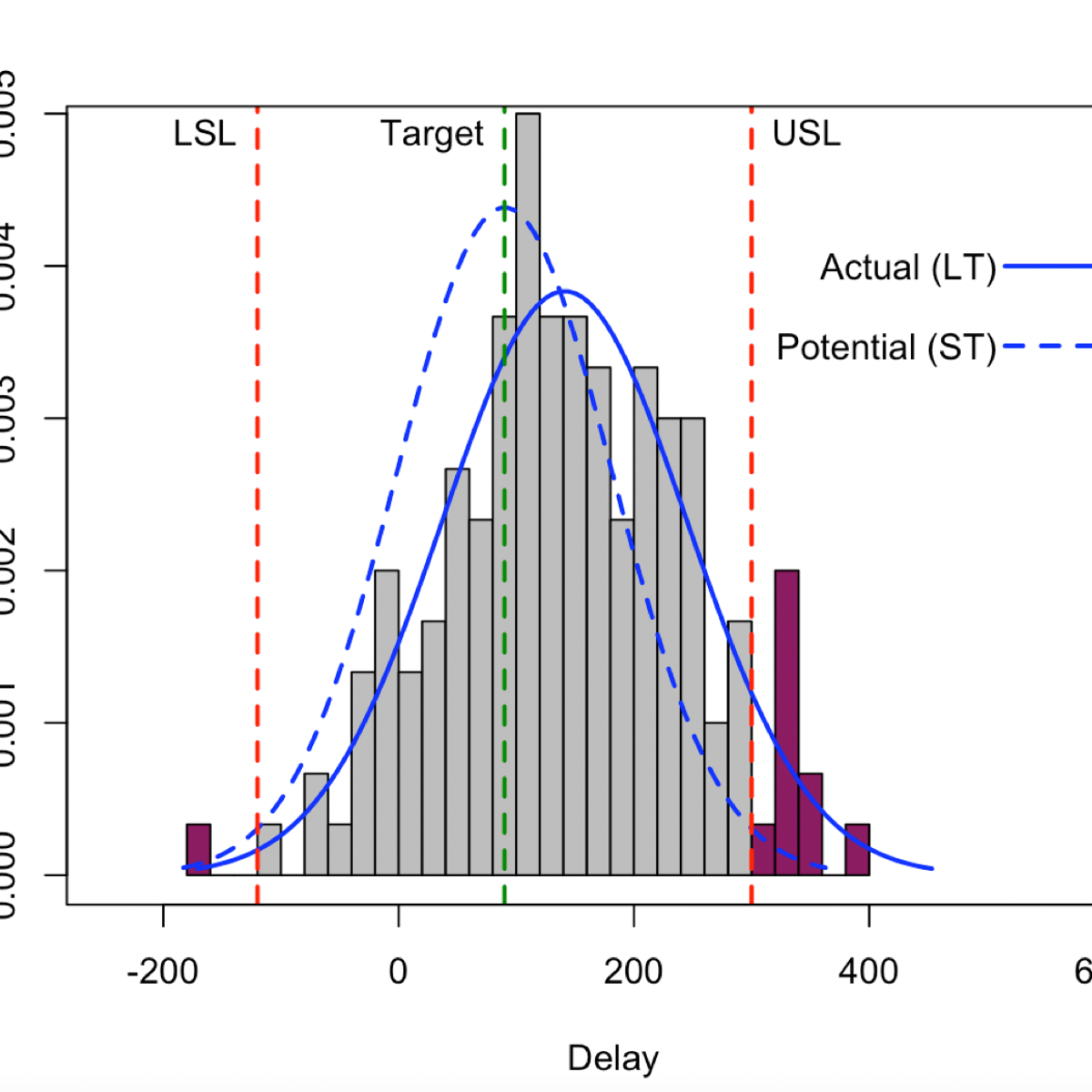
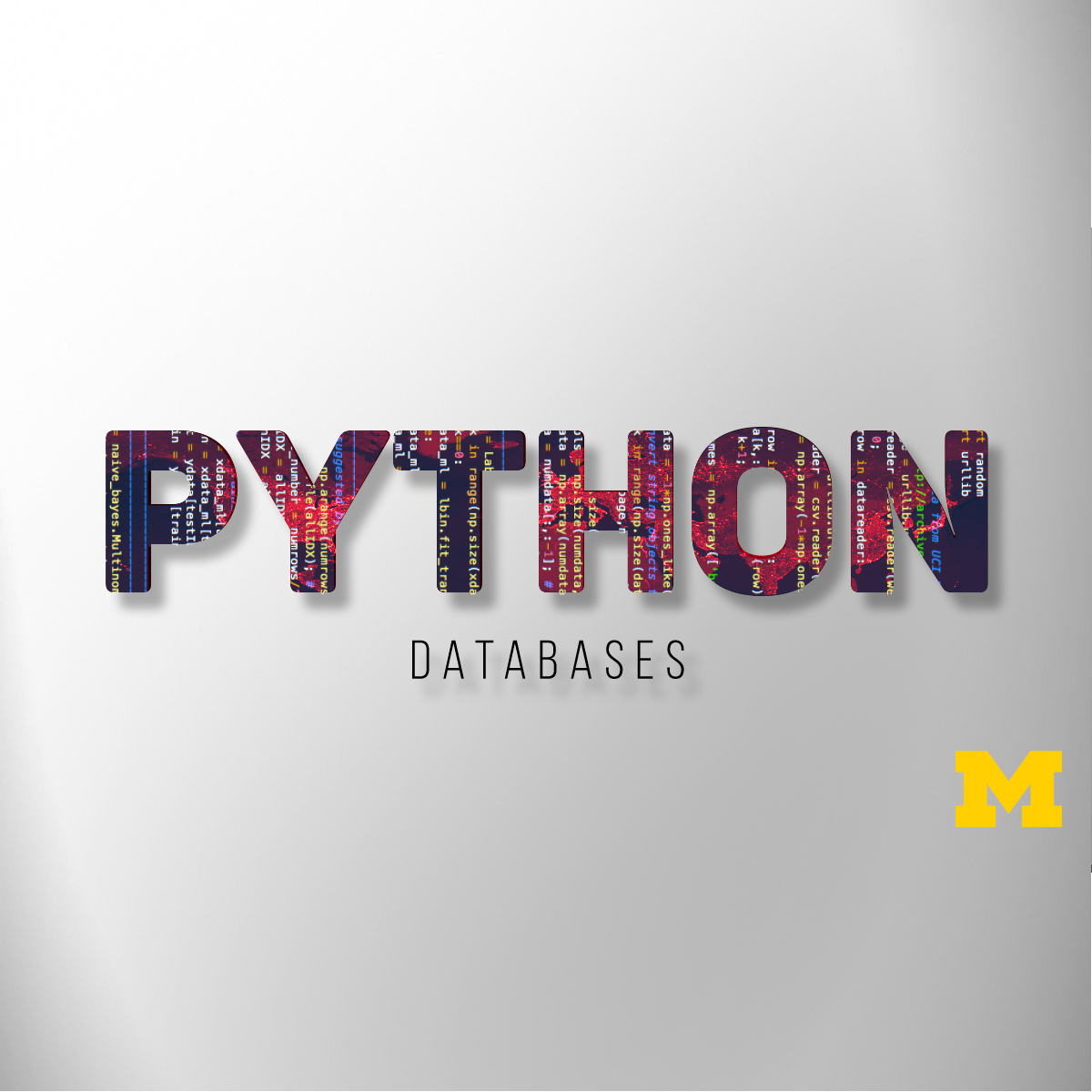
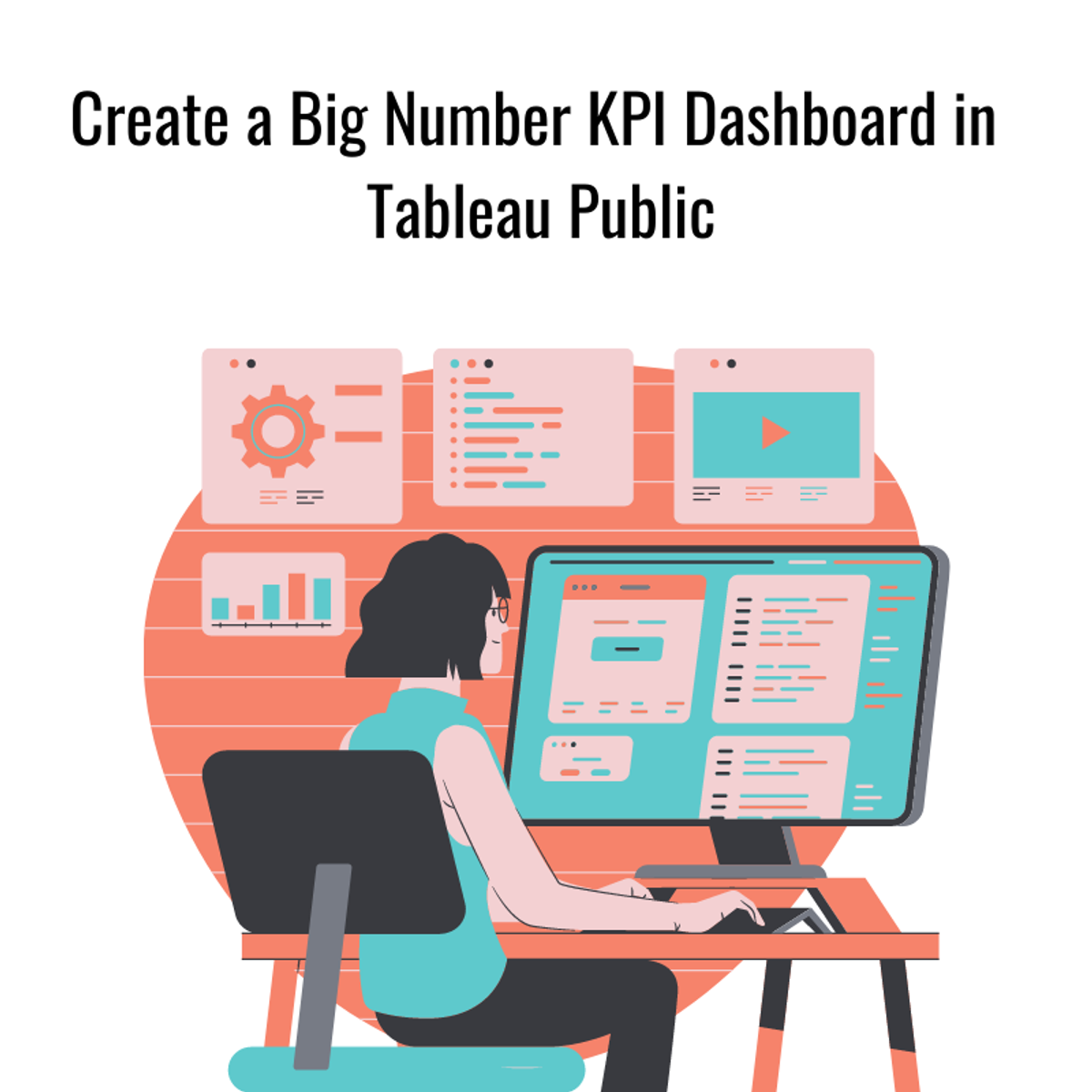
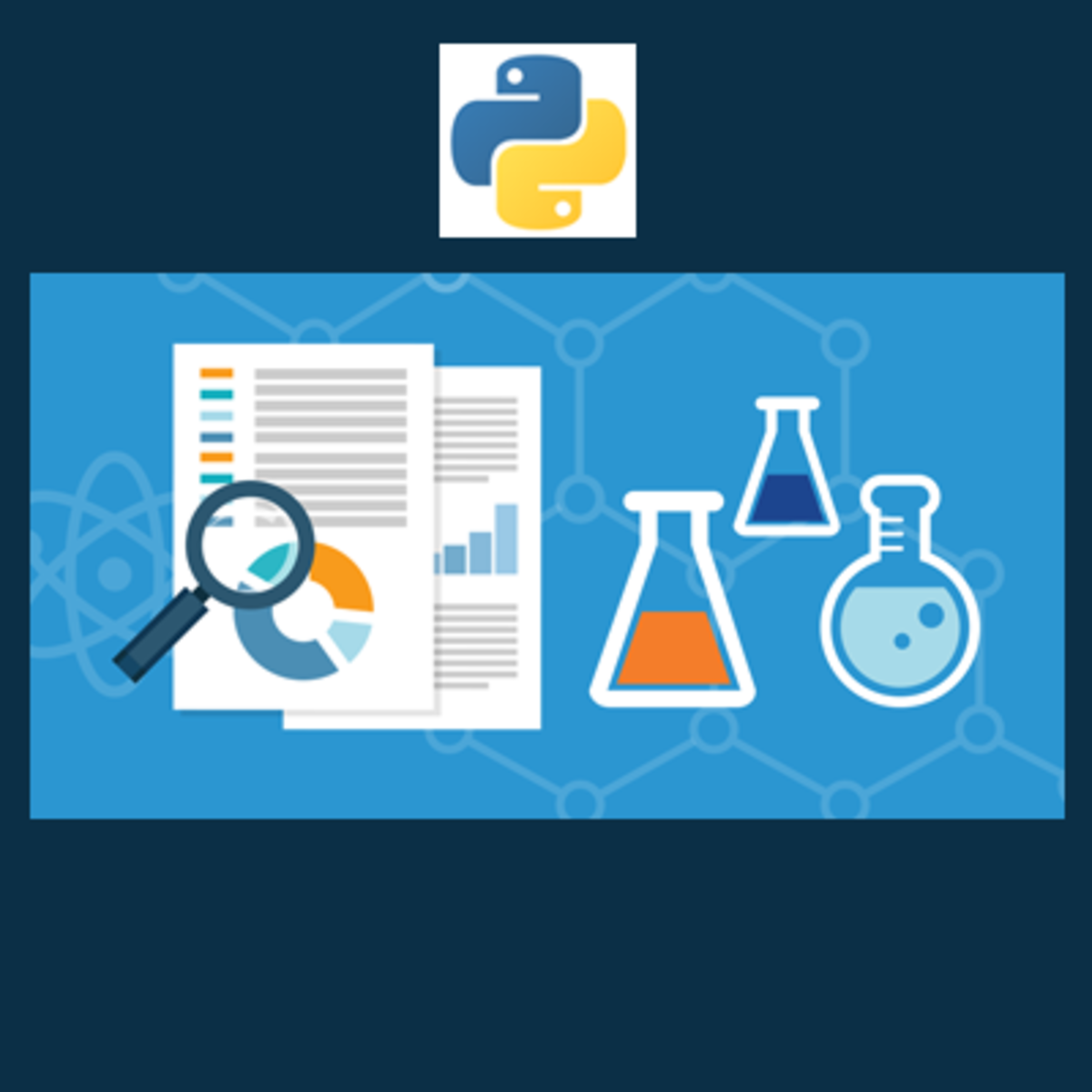


Data Analysis Courses - Page 48
Showing results 471-480 of 998

Digital Footprint
If I Googled you, what would I find?
As we move around the online world we leave tracks and traces of our activity all the time: social media accounts, tagged images, professional presences, scraps of text, but also many artefacts we don't always realise we are leaving behind, or that others leave about us.
In this course you will hear from a range of experts and you will have an opportunity to explore and reflect on your own online tracks and traces, to understand why your digital footprint is important. We will introduce you to some of the tools and approaches to effectively manage your online presence (or digital footprint).
The course will focus on the different dimensions of a digital footprint, including developing an effective online presence, managing your privacy, creating opportunities for networking, balancing and managing professional and personal presences (eprofessionalism). By the end of this course (MOOC) you should be equipped to ensure that your digital footprint works for you, whether you want to be more private online, or are looking to create a more effective and impactful presence.
You can also join the conversation on Twitter using the hashtag #DFMOOC and follow us @DFMOOC
We hope you enjoy the course!

Using Cloud Error Reporting to Remediate Workload Issues on GKE
This is a self-paced lab that takes place in the Google Cloud console.
In this lab, you will explore leveraging Cloud Error Reporting to understand the error reports of an application and application issues.

Topic Modeling using PyCaret
In this 1-hour long project-based course, you will create an end-to-end Topic model using PyCaret a low-code Python open-source Machine Learning library.
You will learn how to automate the major steps for preprocessing, building, evaluating and deploying Machine Learning Models for Topic .
Here are the main steps you will go through: frame the problem, get and prepare the data, discover and visualize the data, create the transformation pipeline, build, evaluate, interpret and deploy the model.
This guided project is for seasoned Data Scientists who want to build a accelerate the efficiency in building POC and experiments by using a low-code library. It is also for Citizen data Scientists (professionals working with data) by using the low-code library PyCaret to add machine learning models to the analytics toolkit
In order to be successful in this project, you should be familiar with Python and the basic concepts on Machine Learning
Note: This course works best for learners who are based in the North America region. We’re currently working on providing the same experience in other regions.

Capstone: Connected Planning for Business Transformation
This course is the capstone project for learners completing the Connected Planning for Business Transformation specialization. In this project, you will develop a rationale and roadmap for Connected Planning implementation in your own organization.
By examining the current state of planning in the organization, identifying specific areas where Connected Planning will deliver significant benefits, and addressing organizational obstacles, you will prepare yourself to advocate for Connected Planning, drive its adoption in your organization, and help transform your business.
This course is presented by Anaplan, provider of a leading technology platform that is purpose-built for Connected Planning.

RStudio for Six Sigma - Process Capability
Welcome to RStudio for Six Sigma - Process Capability. This is a project-based course which should take under 2 hours to finish. Before diving into the project, please take a look at the course objectives and structure.
By the end of this project, you will understand the concepts like DPU, DPO and DPMO; learn to import discrete defect data file and perform Process Capability Analysis, understand Throughput Yield and Rolled Throughput Yield (RTY) and calculate RTY for data imported from a file, understand Z score, Short and Longterm Standard Deviation, Short and Longterm Z Bench, Cp, Cpk, Pp, Ppk, and perform Process Capability Analysis for continuous data.

Using Databases with Python
This course will introduce students to the basics of the Structured Query Language (SQL) as well as basic database design for storing data as part of a multi-step data gathering, analysis, and processing effort. The course will use SQLite3 as its database. We will also build web crawlers and multi-step data gathering and visualization processes. We will use the D3.js library to do basic data visualization. This course will cover Chapters 14-15 of the book “Python for Everybody”. To succeed in this course, you should be familiar with the material covered in Chapters 1-13 of the textbook and the first three courses in this specialization. This course covers Python 3.

Create a Big Number KPI Dashboard in Tableau Public
Tableau is widely recognized as one of the premier data visualization software programs. For many years access to the program was limited to those who purchased licenses. Recently, Tableau launched a public version that grants the ability to create amazing data visualizations for free. Account members can also share and join projects to collaborate on projects that can change the world.
By the end of this project, you will learn how to create an easy-to-understand communication that will focus attention on specific metrics that guide decisions.
We will learn how to create an account, how to load data sets, and how to manipulate Create a Big Number KPI Dashboard in Tableau Public.
Note: This course works best for learners who are based in the North America region. We’re currently working on providing the same experience in other regions.

Applied Data Science Capstone
This is the final course in the IBM Data Science Professional Certificate as well as the Applied Data Science with Python Specialization. This capstone project course will give you the chance to practice the work that data scientists do in real life when working with datasets.
In this course you will assume the role of a Data Scientist working for a startup intending to compete with SpaceX, and in the process follow the Data Science methodology involving data collection, data wrangling, exploratory data analysis, data visualization, model development, model evaluation, and reporting your results to stakeholders.
You will be tasked with predicting if the first stage of the SpaceX Falcon 9 rocket will land successfully. With the help of your Data Science findings and models, the competing startup you have been hired by can make more informed bids against SpaceX for a rocket launch.
In this course, there will not be much new learning, instead you’ll focus on hands-on work to demonstrate and apply what you have learnt in previous courses. By successfully completing this Capstone you will have added a project to your data science and machine learning portfolio to showcase to employers.

Medical Diagnosis using Support Vector Machines
In this one hour long project-based course, you will learn the basics of support vector machines using Python and scikit-learn. The dataset we are going to use comes from the National Institute of Diabetes and Digestive and Kidney Diseases, and contains anonymized diagnostic measurements for a set of female patients. We will train a support vector machine to predict whether a new patient has diabetes based on such measurements. By the end of this course, you will be able to model an existing dataset with the goal of making predictions about new data. This is a first step on the path to mastering machine learning.
Note: This course works best for learners who are based in the North America region. We’re currently working on providing the same experience in other regions.

Build a Business Architecture using AWS Organization
In this 2-hours long project-based course, you will learn how to:
• Create 'AWS Organization'
• Add members to 'Organization'
• Attach 'Service Control Policy' to member accounts
• Enable 'Cloud Trail' for your Organization.
This course is an apt learning platform for people who wanted to build their business in AWS Cloud. If you want to manage your business architecture which is deployed in AWS cloud, you must be familiar with 'AWS Organization'. With this powerful tool, you can manage multiple AWS Accounts in a much easier way. This course will be a best learning experience for AWS Solution Architect Associate who are looking for a real-world working experience that would be helpful to gain confidence to appear for Solution Architect Role interviews. It is also helpful for people who are looking to clear AWS solution architect associate certification exam with real time experience.
Popular Internships and Jobs by Categories
Find Jobs & Internships
Browse
© 2024 BoostGrad | All rights reserved